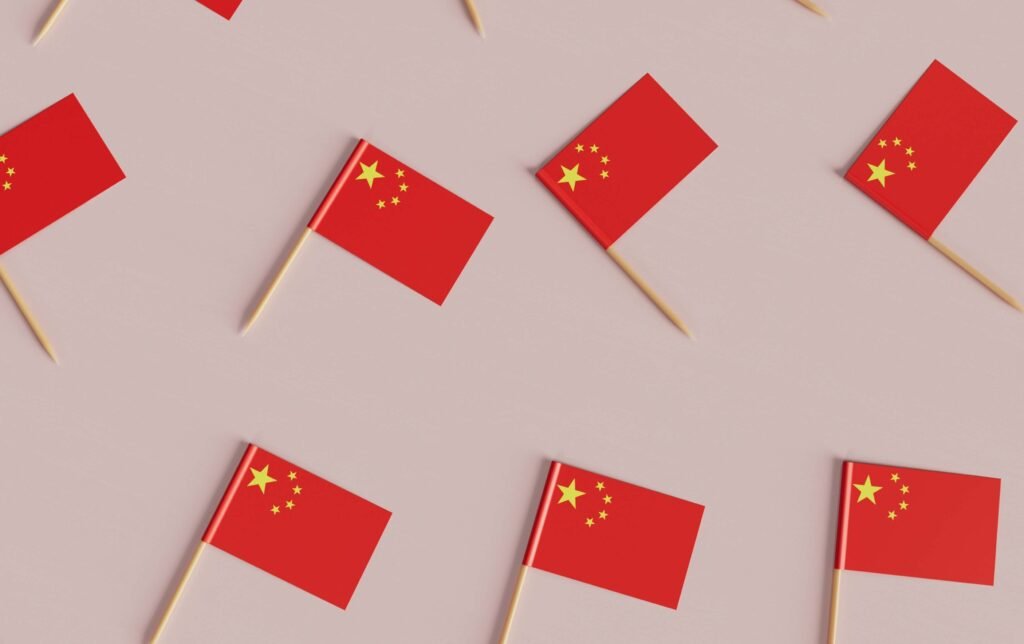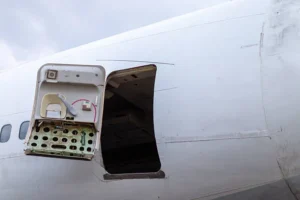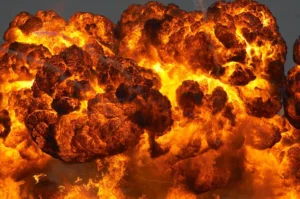China began military exercises on Monday close to Taiwan’s coast in reaction to a speech by Taiwanese President William Lai. The China Taiwan military drills started after Lai vowed to oppose annexation and defend Taiwan’s sovereignty. The Chinese mainland claims the self-governing island of Taiwan and has vowed to retake it by military force.
Taiwanese officials said they saw 125 planes and 34 ships creating a circle around the island as part of the exercises. The Chinese government-run media displayed aerial, marine, and land forces positioned around Taiwan on its maps, suggesting an impending invasion. The People’s Liberation Army (PLA) confirmed that the China-Taiwan military drills evaluated the operational capacity of all military branches operating together.
China said on Monday evening that the drills, dubbed as Joint Sword 2024-B, had been successfully concluded. Senior Captain Li Xi, a spokeswoman for the PLA Eastern Theater Command, noted that the drills thoroughly tested the forces’ ability to execute coordinated operations. These drills, called Joint Sword 2024-A, followed a similar one held in May after President Lai’s inauguration.
Despite the nearby military actions, Taiwan’s ports and airports ran well. However, Taiwan’s defense government is concerned about the rising tensions. The statement went on to condemn China’s actions while emphasizing the need of avoiding open warfare, particularly in the area surrounding the Taiwanese islands, which were under high alert.
China’s foreign ministry said that the exercises included simulated military assaults and port blockades, which exacerbated regional tensions. In a symbolic Weibo post, Chinese coast guards announced their patrol route has changed to resemble a heart shape.
These drills have been more frequent since 2022, but their intensity and proximity to Taiwan suggest a more assertive stance. The US government denounced the exercises, claiming they were unnecessary and everyone should exercise prudence to maintain peace and stability.
China’s military intimidation tactics have caused difficulties ever since Taiwan had its first direct presidential election in 1996. However, as these recent drills demonstrate, the situation remains unstable.








